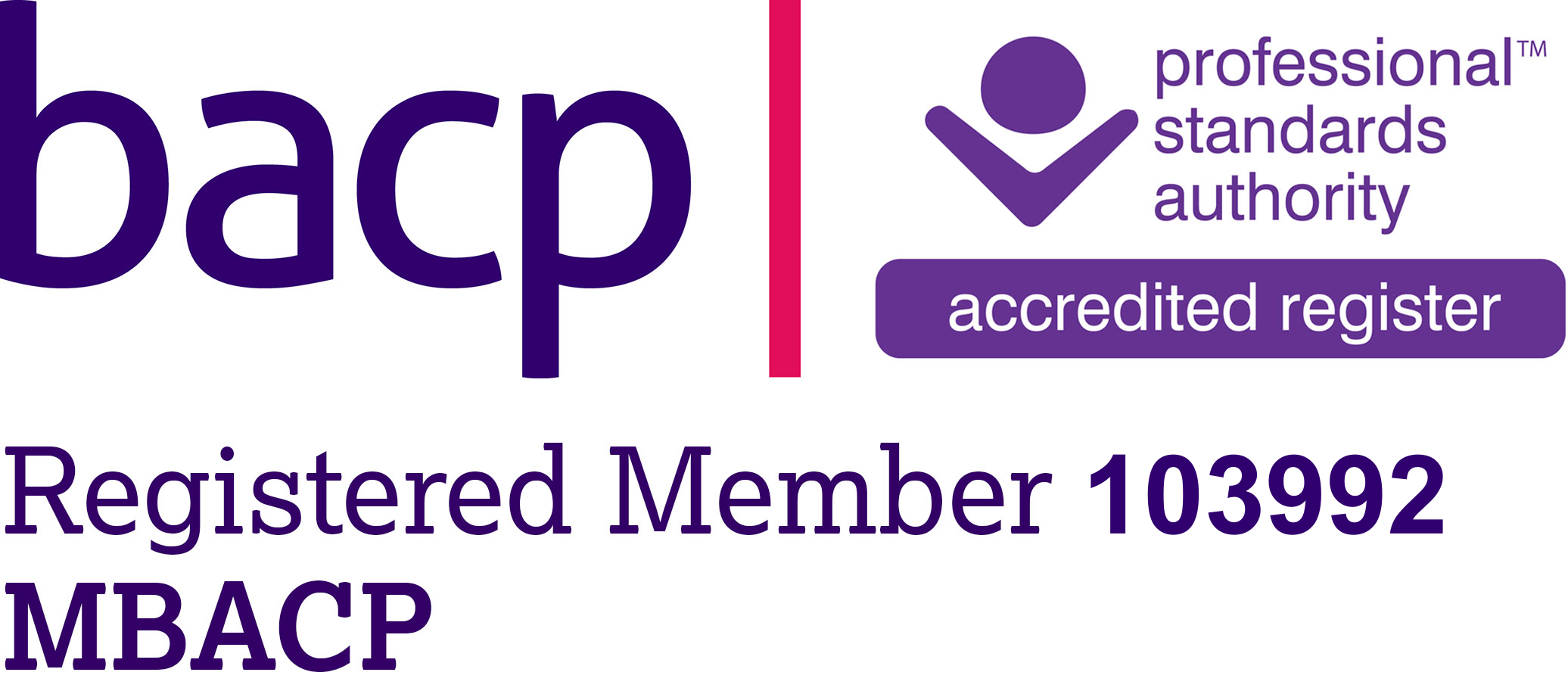Couples Counselling
by Samantha De Bono
When couples come to see me for the first time, they usually seem to be a little anxious and unsure of what to expect. Some of them worry that they are going to be judged or even told-off, some even wonder if I'm going to tell them their relationship is a lost cause and that they should pack up and ship out. That's why I thought I would blog about this so that you can get an idea of what to expect from me as a therapist and from the process of couples therapy.
Most couples come to therapy with the idea that as long as the other person makes changes, the relationship will be happier and more functional, each person will describe their distress and then seem to want me to say whose wrong and whose right.
My primary role is to help you improve your responses to each other by keeping your core values and deeply held principles, without turning each of you into somebody else. Your job is to create your own individual objectives for being in therapy. Think of it in terms of going to the gym, you would tell a coach "I want to work on this, this and this". A good coach would help you to do that and get the best results by doing so. There are so many things you can do to become an effective partner as well as a happy partner, but these tools work best when you are clear on what it is you want to achieve. Just saying "I want us to be happy" or "I want us to stop arguing" isn't enough, it's too general. Think again of the gym, just saying to the coach "I want to look good" isn't going to cut it. His idea of what looks good and what you think looks good are likely to be different. I can help you get what you want from your relationship, but I need to know what that is.
Goals
Getting to know yourself, your partner and the patterns of behaviour the two of you keep repeating, is a main aim of Couples Therapy. When you have that knowledge, you are more able to break old patterns of behaviour that aren't working and put in place new ones that both of you are happy with.
Ask yourself and each other these questions:
What life do you want to build together?
What kind of partner do you want to be?
What individual blocks might you put up to stop you from becoming that partner?
What skills and knowledge do you need to achieve the above?
Compromise & Choices
For any relationship to work long term, you will have to meet half way and make some choices that you wouldn't necessarily have to make if you were single. But since you've come to see me, I'm assuming you are looking at getting your relationship to work, so each of you will need:
An idea/vision/notion of the life you want together
Motivation and determination to keep going if/when the going gets tough
An independence along side your partner to do things separately
To have each other's backs – Team work/reliance/dependability
To give time and commitment to this process
It takes time, motivation, determination, respect, commitment and dependability to make a relationship really work well. At times there is bound to be some difficult decisions and compromise that will need to be made, if you accept this fact, it's far less annoying when those times come. Let's face it, when we go into a relationship, we tend to go in with our rose tinted spectacles on don't we. The other person is The Best, we can't ever imagine them getting on our nerves or making us wish they had a mute button – at the risk of being a kill-joy, that stage has a shelf life. Get used to the idea that there are going to be times of disappointment and disillusionment. Also, we aren't single any more, so we can't act like it, we now have to consider someone else too.
Things to Take on Board during Couples Therapy
Attitude is SO important, you know what it's like when someone says one thing but their tone of voice and body language says something completely different, it feels false and you wonder why you bothered. It's not what you say, it's how you say it and how your partner hears it.
Change is inevitable, so embrace it, accept it – what you've been doing up till now hasn't worked for you, so go with the process.
Sometimes when things are bad between couples, it's difficult to see the wood for the trees, so your attitude and commitment to the sessions are important to keep you on the ball. This way you will be able to identify what to do and how to do it. In fact, often we know what the problem is and what we need to do to change it, but the problem is, we don't know why we don't do it.
During the sessions you will begin to think differently and see things from a different perspective, as well as your partners perspective. It's important to understand that just because you can see your partner's point of view and can admit that you do, it doesn't mean you are then wrong. What it means is you now have a point at which to reach resolution. Stop point scoring, it's damaging and it blocks resolution.
Accepting that you and your partner are not communicating can be difficult, but once you learn how to do this properly, you'll see where you were going wrong before.
Grow-up! Harsh I know, but to be in a grown up relationship you have to be a grown-up. Just because you've been round the block a few times does not make you mature. A grown up accepts differences between each other and does not throw their toys out of the cot when things aren't going their way. A grown-up does not have to be right all the time and accepts that their partner is entitled to his/her own opinion.
Pointing fingers at your partner during this process is not going to be helpful. It takes two people to make it work. Be prepared to work on yourself rather than your partner.
Get real! Your partner is human and you live in this world, nobody's perfect. When our expectations of our relationship and our partner are unrealistic, the other person doesn't stand a chance of getting it right. Accepting that flaws are normal makes moving forward much easier.
You can't change your partner. Your partner can't change you. But the dynamic between you can change considerably. It's a whole lot easier to say "if he/she didn't do that, I wouldn't feel like this", but that's just passing the buck, success lies in improving how you respond to the problem. We can learn a lot about ourselves by understanding what we find annoying and how we handle it.
So, ask yourself:-
In an argument, do you really believe your partner is entitled to their opinion?
Are you telling your partner how you feel or what concerns you because you want to resolve it, or are you just wanting them to change?
What is there to gain by letting your partner know how you feel or what you think?
Do you expect your partner to treat you better than you treat him/her?
If you want your partner to change, do you think about what you can do to make it easier for him/her to do so?
Communication:
Good communication is far more difficult than most people would believe, what's even harder is effective negotiation.
Communication is the main presenting problem in couples counseling.
Effective communication means you need to:
Manage your emotions, anger is okay but it cannot be too intense
Not whine, blame, scream etc.
Know what you want from the discussion
Listen to your partner's point of view too
Ask your partner what s/he needs from you to help make this better
Not go on and on for ages causing your partner to zone-out
Pick your moments to bring up an emotive subject
Some Cliche comments here, but worth knowing & applying
Practice makes perfect.
Love is destroyed when self-interest dominates.
Trust is the foundational building block of a flourishing relationship.
Only knowledge that is applied is power.
Learn from the past.


